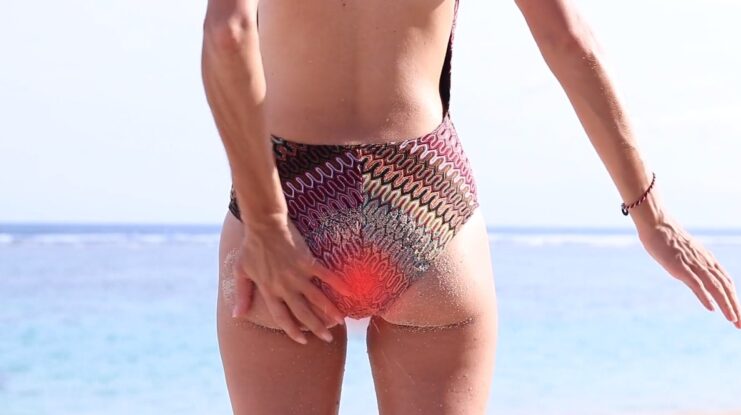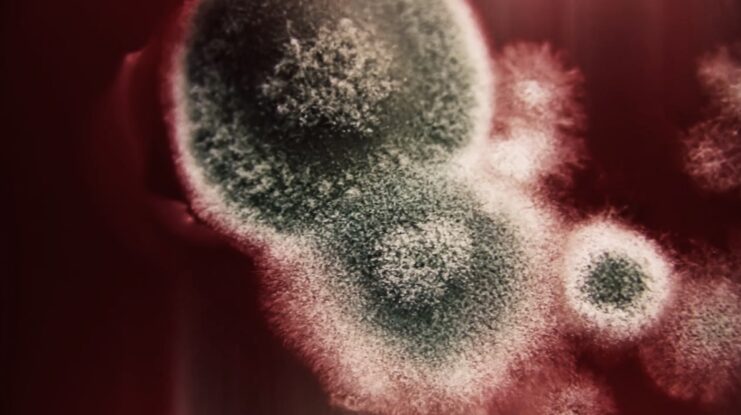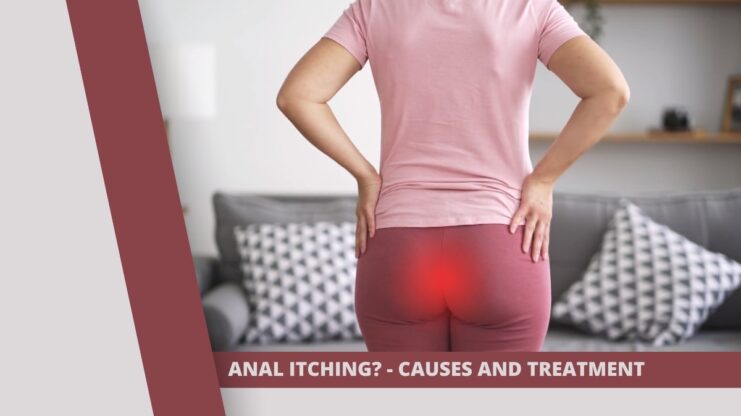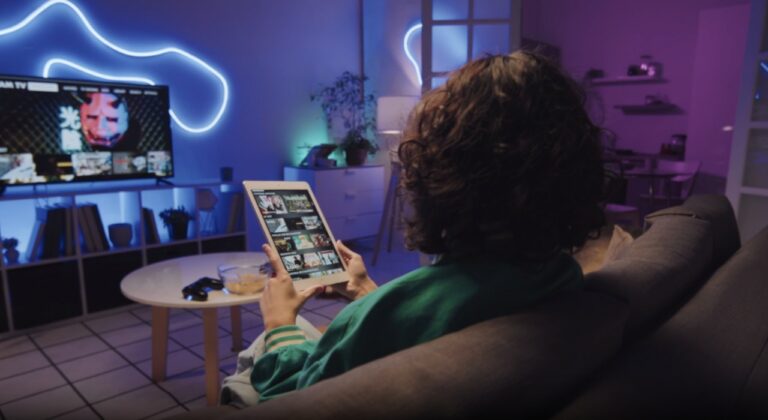Experiencing an itch in the anal area can be akin to hearing an off-key note in the middle of a symphony – it’s uncomfortable, distracting, and not something you’d readily discuss with the person sitting next to you. It’s one of those topics that, despite its common occurrence, often gets swept under the rug due to embarrassment.
It’s like having a secret you’re too shy to share, even with your closest friends or your doctor. But just like any secret, it can weigh you down, especially when it could be a sign of something that needs medical attention.
Imagine you’re on a journey, and this itch is like a small pebble in your shoe. It might seem insignificant at first, but if left unaddressed, it can turn a pleasant stroll into an uncomfortable trek. The causes of this itch can range from simple and harmless, like the occasional pebble you can easily shake out of your shoe, to something more serious that requires a closer look.
Perhaps it’s akin to a minor inconvenience, like an unexpected rain shower on your journey. It could be due to something as simple as irritation from certain types of toilet paper or soap, or even the aftermath of eating spicy foods.
In these cases, the solution might be as straightforward as changing your brand of toilet paper, switching to a milder soap, or moderating your diet.
What are the 5 Common Causes of Anal Itch?

1.) Nonmedical:
Simple non medical causes include anal perspiration, frequent liquid stools, diarrhea, residual stool deposits, or the escape of small amounts of stool as a result of incontinence or flatulence. If your itch resolves after cleaning with water or wet wipes, then most likely could be due to one of the above causes.
Very simple to treat and solve. It is advisable to use wet wipes or water to clean after going to the toilet in order to prevent anal irritation from residual faeces.
2.) Fungal infection:

Another cause is a yeast infection or candidiasis. This usually occur in people with medical conditions such as diabetes mellitus or HIV infection.
If you are taking antibiotics, this can disturb the natural balance of intestinal flora, and lead to perianal thrush, a yeast infection affecting the anus. Fungal infection will have to be treated with antifungal medication.
3.) Physical causes:
Abnormal passageways called anal Fistulas from the small intestine or colon to the skin surrounding the anus can form. This may allow leakage of irritating fluids to the anal area and lead to itching. Anal fistulas may need surgical repair.
Another common cause for anal itch is hemorrhoids, which is enlarged or swollen veins in your rectal or anal region. This is usually caused by constipation or prolonged sitting on the toilet. This can be resolved by improving your diet with more fibre and fluids or taking medication to soften your stools.
Tears of the anal skin near the mucocutaneous junction called anal fissures can also cause itch. Fissures are is usually caused by hard stools, constipation, and childbirth.
4.) Worm infestation:
Ingestion of helminth or worm Enterobius vermicularis (also called pinworm, or threadworm) eggs leads to enterobiasis. Severe itching around the anus is indicative of the migration of gravid females from the bowel to the anal region. Severe cases of enterobiasis may result in hemorrhage and eczema. Treatment will involve taking anti-worm medicine.
5.) Sexually Transmitted Infection (STIs):
STIs or STDs are also notoriously known to cause anal itch. The following STDs can potentially affect the anal region and cause itch. Most commonly due to anal intercourse, be it in MSM ( men who have sex with men) or between heterosexual couples between man and a woman.
- Herpes Simplex Virus (HSV): Usually present as vesicles which can be very itchy and/or painful.
- Human Papilloma Virus (HPV): Presents as warts. These are flesh coloured lumps which are described to appear like cauliflower-like warts.
- Chlamydia/ Gonorrhea: This is a common STD that usually cause abnormal penile discharge or abnormal vaginal discharge and painful urination. When the anus or rectum is infected with Chlamydia, it may cause diarrhea, itch. It could even be symptomless. If you perform unprotected anal intercourse, you should get regular rectal swabs to test for the presence of chlamydia or even rectal gonorrhea.
Whatever the cause may be, if you do have a persistent that doesn’t go away, do see a doctor to get examined. You are welcome to see any of the doctors at DTAP and discuss openly your symptoms or condition. We will be able to advise you on what is the best treatment for you.
Final Words
In conclusion, while an anal itch can be a source of discomfort and embarrassment, it’s important to remember that it’s a common issue that many people experience. The causes can range from simple and easily manageable, like irritation from certain products or foods, to more serious conditions that require medical attention.
Just like you wouldn’t ignore a persistent pebble in your shoe during a long journey, don’t ignore persistent discomfort in your body. If you’re experiencing an itch that doesn’t go away, it’s crucial to consult a healthcare professional. Remember, there’s no need to feel embarrassed – doctors are there to help, not to judge.
Related Posts:
- Low Back Pain: Tips on Pain Relief and Prevention
- Finding How To Track A TextNow Number - Unmasking…
- STD Symptoms in Receptive Anal Sex: Beyond the Basics
- Vaginal Itching: A Common Problem of The Young and Old
- Understanding Vaginal Discharge: What's Normal and…
- How to Increase Testicle Size - Busting Myths and…












